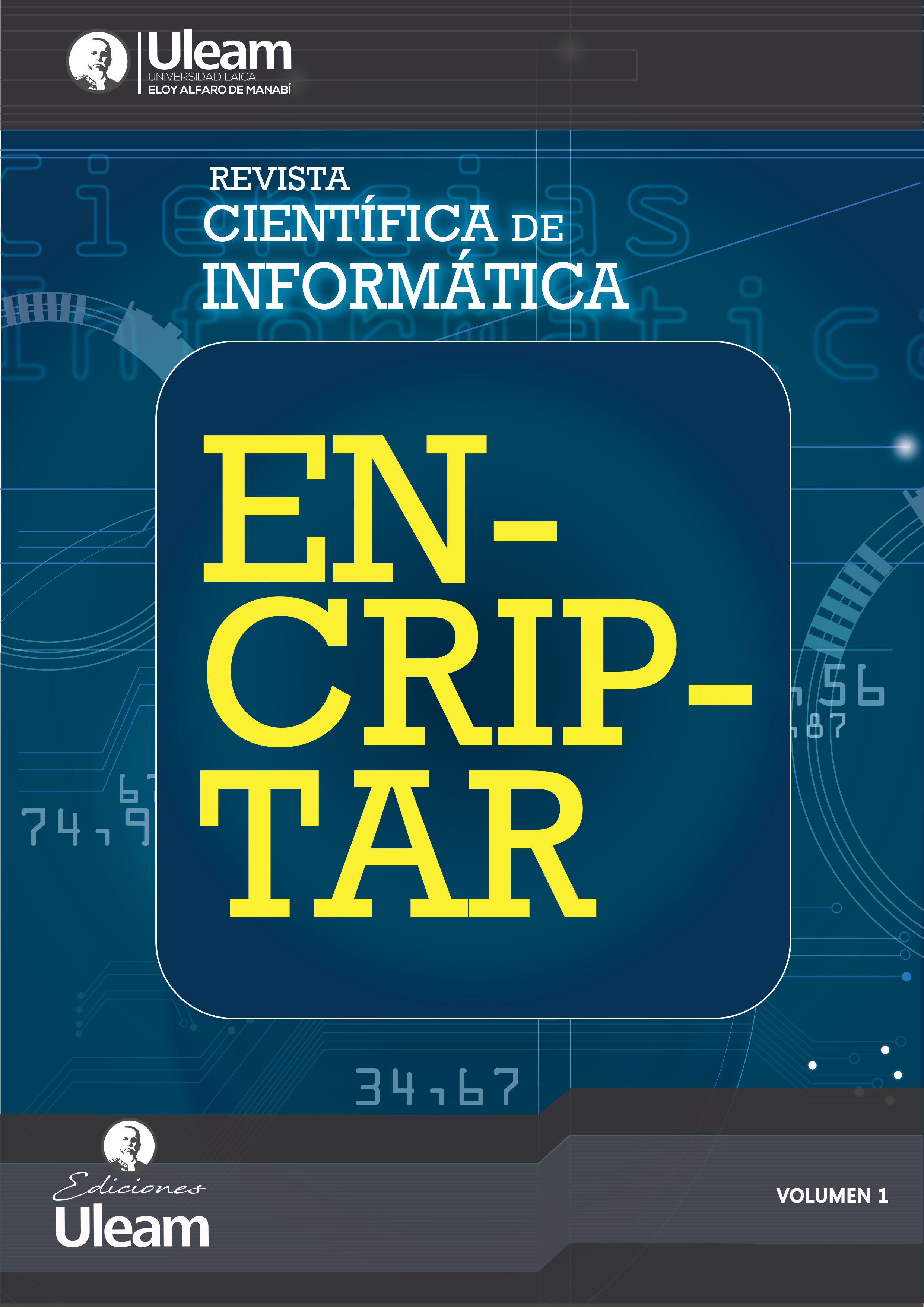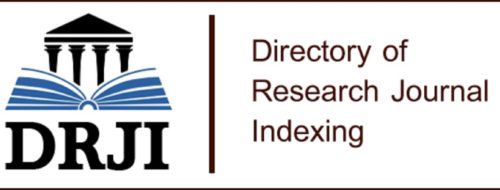Protection of Personal Data in Ecuador and Colombia: Principles, Ethics, and Current Challenges
DOI:
https://doi.org/10.56124/encriptar.v6i11.0002Keywords:
Data Treatment, Biometric Data, LOPDP, AEPDAbstract
Throughout this work, the concept of data protection and the use of personal data in countries such as Ecuador and Colombia is analyzed in depth, where reference is made to the form of data processing where it is examined by categories and the principles are specified. that must be applied to carry out the data processing process, which are: legality, freedom, veracity, transparency, access and restricted circulation, security and confidentiality. On the other hand, it also shows the ethical profile that the person responsible has so as not to commit illegal acts with the information provided and examines the treatments that involve the use of biometric data. Its purpose is to facilitate the interpretation of data protection in relation to the obligation to use the security of users. At present, some acts of cyber violence have been evidenced, which has motivated companies to use security policies for data protection. However, the way of treating this data must be of a sensitive nature because it is data that stores private life. It is even maintained that the personal data that are for public use and the personal data that are for private use must be identified so as not to make mistakes when requesting or allowing them to use these data as means of support for the institutions.Downloads
References
Álvarez, L. E. (2017). Paradigmas de la protección de datos. Revista de Derecho, nº 27.
Amaro, M. C. (2020). LA SEGURIDAD DE LOS DATOS PERSONALES Y LA OBLIGACIÓN DE NOTIFICAR LAS BRECHAS DE SEGURIDAD. » R.E.D.S., nº 16.
AYUSO, J. F. (2021). ESTADO DE ALARMA Y PROTECCIÓN DE LA PRIVACIDAD EN TIEMPOS DE PANDEMIA: LICITUD DEL TRATAMIENTO DE CATEGORÍAS ESPECIALES DE DATOS. Revista de Derecho Político, nº 110.
Botero, D. M. (2016). El valor de los datos personales en Colombia. Revista CES Derecho, vol. 7.
Chaparro-Martínez, P. Álvarez-Muñoz y M. D’Armas-Regnault. (2016). GESTIÓN DE LA INFORMACIÓN: USO DE LAS BASES. Universidad, Ciencia y Tecnología.
F. J. Acuña Llamas, A. Cano Guadiana, O. M. Guerra Ford, X. Puente de la Mora, M. P. Kurczyn Villalobos, R. Monterrey Chepov y J. Salas Suárez. (2023). Guia para titulares de los datos personales. Instituto Nacional de Transparencia, Acceso a la Información, Ci.
Fernández, A. I. (2020). TRATAMIENTO DE LA VOZ COMO DATO PERSONAL MEDIANTE EL ACCESO AL MICRÓFONO EN DISPOSITIVOS MÓVILES Y PRÁCTICAS ACTUALES DE APPS PARA RECABAR SU CONSENTIMIENT. UNIVERSIDAD DE SALAMANCA.
Hueso, L. C. (2017). Big data e inteligencia artificial. Una aproximación a su tratamiento jurídico desde los derechos fundamentales. ILEMATA, nº 24.
Loter, N. H. (2019). Clasificación de los datos personales e implicaciones legales. Universidad Pontifica Bolivariana.
M. SCHULZ y J. HENNIS-PLASSCHAERT. (2016). REGLAMENTO (UE) 2016/679 DEL PARLAMENTO EUROPEO Y DEL CONSEJO. Diario Oficial de la Unión Europea .
(2019). MANUAL DE PROCEDIMIENTOS DE PROTECCIÓN DE DATOS PERSONALES. Pontificia Universidad Javeriana de Colombia.
MARTÍNEZ, R. M. (2020). Tecnología de verificación de identidad y control en exámenes online. REVISTA DE EDUCACIÓN Y DERECHO, nº 22.
MTDP. (11 de 11 de 2016). canalextensiaamerica. https://www.canalextensiaamerica.com/
OEA. (2021). Principios Actualizados sobre. OEA. https://doi.org/ 978-0-8270-7414-9
OVER, A. &. (2017). Aosphere an affiliate. https://www.aosphere.com/
Ponjuan-Dante, Y. R. Nieves y G. (2021). Tratamiento de datos personales y acceso a la información Visiones a partir de la academia. Revista de Ciencias Sociales y Humanas.
RIPD. (27 de abril de 2019). Red iberoamericana de protección de datos. www.redipd.org
Rodríguez, J. B. (2019). Protección de datos y garantía de los derechos digitales laborales en el nuevo marco normativo europeo e interno (rGPd 2016 y loPdP-Gdd 2018. Ars Iuris Salmanticensis, vol. VII.
Published
How to Cite
Issue
Section
License
Copyright (c) 2023 Scientific Journal of Informatics ENCRYPT - ISSN: 2737-6389.

This work is licensed under a Creative Commons Attribution-NonCommercial-ShareAlike 4.0 International License.















